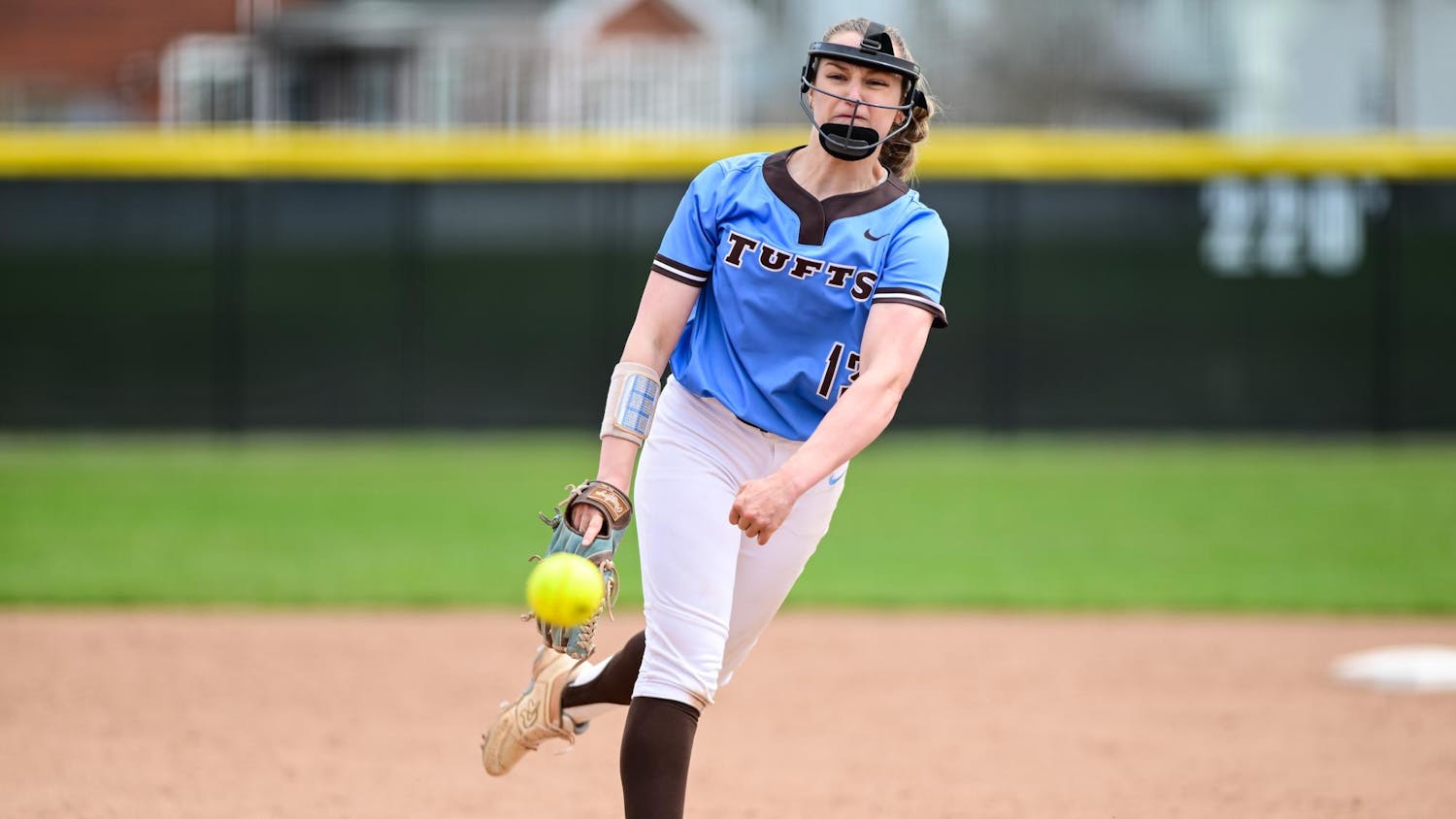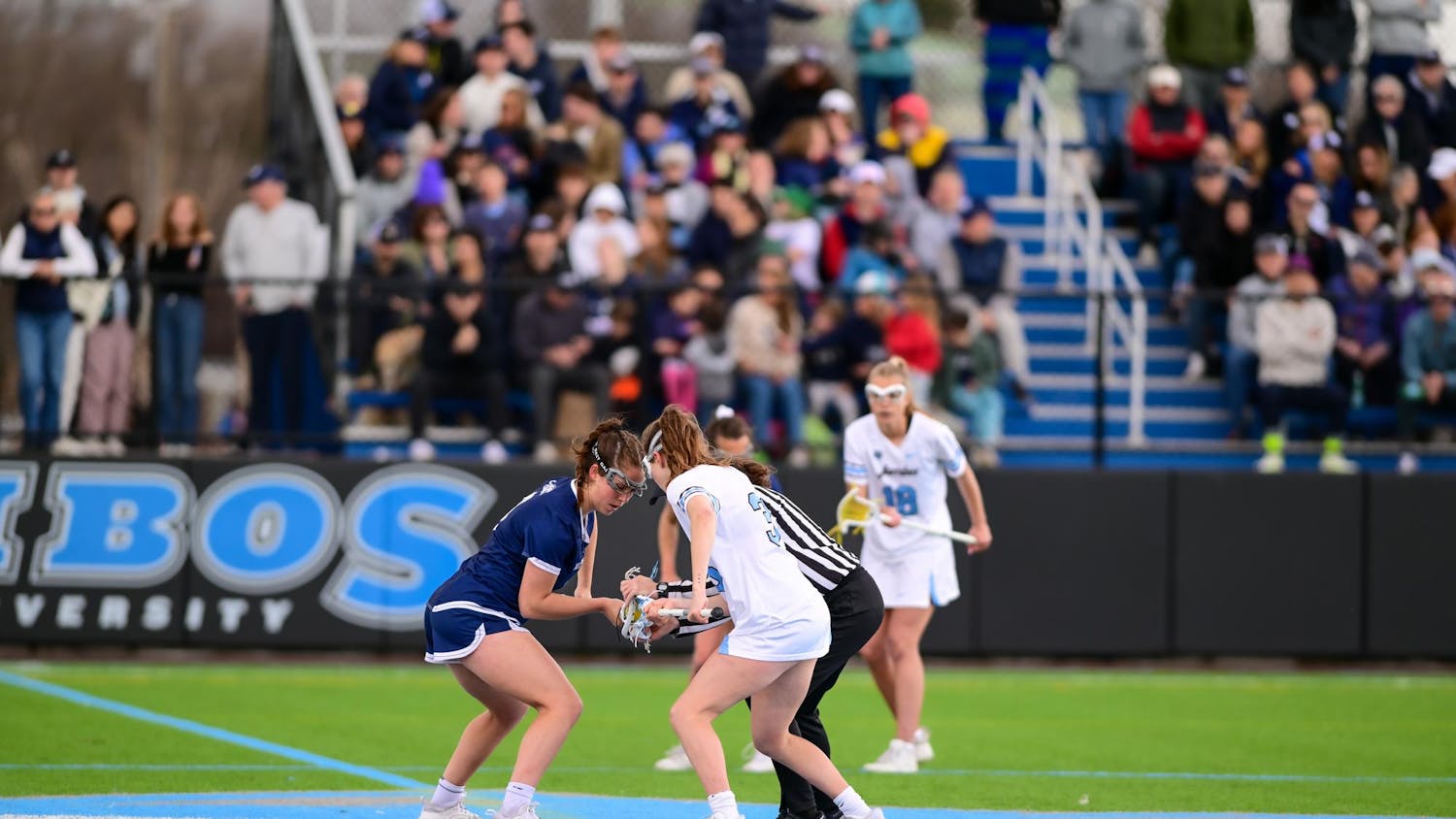Due to the lockout-shortened NBA season, the overall competition of the league has been in a frenzy, and — save for the Bulls and the Thunder — no team in either conference has emerged as a dominant force. The Rookie of the Year race, however, has two runaway frontrunners: Kyrie Irving of the Cleveland Cavaliers and Ricky Rubio of the Minnesota Timberwolves. The rest of the league's first-year players? Not even close.
Both young point guards have been putting up stunning offensive numbers, even after a shortened preseason. Though the two play the same position in a league that is starting to put more value on point guards (just ask the PG-deprived Knicks and Lakers), their offensive styles of play couldn't be more different, which is why it's difficult to pick one for the Rookie of the Year award. Both players' offensive strengths lie in their dribble-drive penetration, but that's where the similarities end. Here's how they stack up:
Irving has amazing footwork and body control once he gets in the lane, where guards tend to panic among taller players. He uses the stutter step to effectively throw off his defenders, which creates space for an easy shot or drive to the hoop. Once he gets there, he is incredibly adept at finishing at the rim despite his less-than-stellar athleticism, and his reverse layup is a deadly weapon. Irving also has a high basketball IQ, which results in a high shooting percentage and an ability to create easy assists.
The first-year Duke product is nearing 50 percent shooting, 40 percent on three pointers and 90 percent from the free throw line, impressive figures for a player with any level of experience. Irving is most effective shooting threes in transition or when defenders back off him, anticipating the drive. His 18.0 points per game currently place him 6th among the league's point guards.
While the Cavaliers are clearly in rebuilding mode, Irving is becoming the centerpiece of their new-look lineup. Irving is flanked by a young core of unwanted first-round draft picks, as well as some holdovers from the LeBron James Era. Antawn Jamison and Anderson Varejao are playing much better with Irving in the lineup, and they are also taking some of the scoring load off of the young point guard — an important factor because head coach Byron Scott is asking a lot of Irving on the offensive end.
Scott can help Irving become a star. He has been a coach in the league since 1998 and has an impressive basketball resume — he won three championships with the Lakers as a player, coached the Nets to two straight finals appearances and mentored Chris Paul early in his career. Scott knows how to develop point guards, and this should benefit Irving.
In contrast to Irving's score-first nature, Rubio is a throwback offensive point guard with a pass-first mentality. Rubio's strength is in his ball-handling, which he uses to slip through tight spaces and open up the defense, and his court vision — "Ruby-vision," as many analysts call it — and passing are very advanced for a rookie.
Rubio also has incredible patience on the pick-and-roll, allowing plays to develop so he can hit the right man with the pass. His cross-court-overhead passes and behind-the-back passes are reminiscent of Magic Johnson's, and his 8.8 assists per game put him at fourth best in the league. While he's struggled shooting the ball since being inserted into the starting lineup, he has a propensity for knocking down open threes in clutch situations.
Unlike the Cavs, the Timberwolves have been in rebuilding mode since the Kevin Garnett era, and the roster is littered with top-10 picks. Most of these draft picks haven't panned out, but the T'wolves are hoping that Rubio and new head coach Rick Adelman can fix that. Adelman is known for getting the most out of every player in every rotation — in 2009, with the Rockets, he was able to push the eventual-champion Lakers to seven games in the conference semifinals without superstars Tracy McGrady and Yao Ming.
Rubio is the perfect catalyst for Adelman's system. He is willing and able to get everyone involved in the offense, and he has the fortune of playing alongside another budding star, Kevin Love, whose game complements Rubio's very well. Over time, these two may develop into a powerful point guard-power forward combo that can challenge Chris Paul and Blake Griffin.
It's tough to project a winner in the Rookie of the Year race, since both players stuff the stat sheets in many areas.
Perhaps the best way to look at the two is in their career trajectories: Irving's role early in his career mirrors the role Derrick Rose had to play as a rookie, and Rubio's creativity and floor management is reminiscent of Jason Kidd's.
In the end, it will come down to which rookie can lead his team to the playoffs. Both teams are in a position to compete for playoff spots, but here, the edge goes to Irving. The Northwest division is stacked this year, and the Timberwolves may finish last in that division, even with a winning record.
Traditionally, the last two playoff seeds in the Eastern Conference hover around — and sometimes below — .500, which takes the pressure off the Cavaliers to win consistently. Because the Cavs are in a better position to claim a playoff spot, the edge, at the moment, goes to Irving.
But the season is far from over, and the Irving-Rubio battle is just now getting started.





